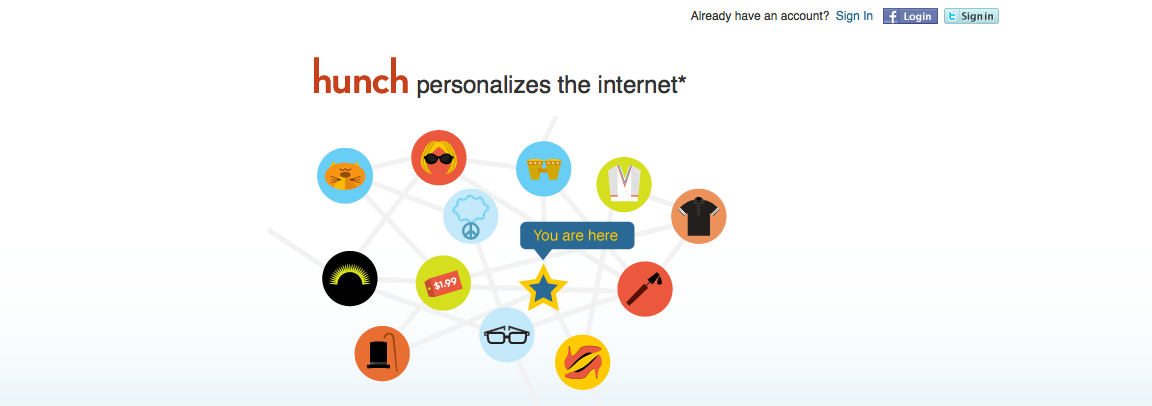Bruce Sterling just posted this transcript of a talk he gave in 2009. I read in on my phone on the BART this afternoon, cackling to myself like a crazy person. There's a lot of good in here, but this bit:
Why are Gen-X goths? Why are they goths rather than hippies, beatniks? Why do they like to dress up like dead people? That’s their temperament.
When you’re a young goth, you dress up like a dead person because that’s something grownups do. Dying.
But if you’re an adult Gen-Xer and you’re dressed up as a goth, it’s like “Don’t blame me — because I’m already dead! I’m not morally responsible, I’m not a political actor, it’s not my fault, look, I’m a vampire. Don’t blame me! I voted for blood.” Or, whatever. It’s gothic.
Ow. That hits home. Followed by:
Okay, I want to offer you a general principle here. For a Gothic generation like yours, this is going to be painful for you. I mean, really a cognitive upset.
“Stop acting dead.”
Now, you think that acting dead is a virtue. Because you’ve been trained to behave as is if you were dead for a long time, and it actually appeals to your temperament as a generation. It’s your default position.
But you have to stop it. Because Hair shirt Green, which is most of the things that you had on your action list there, Hairshirt Green just changes the polarity of the twentieth century.
It’s just the opposite of consumer culture. It’s like Satanism for a consumer culture. And all Satanists are actually Christians. It’s not really a different way to live. And it’s not something that’s going to fulfil you.
Now, how do you know if you’re acting dead? Well, there’s a test for this. It’s the Great-Grandfather Principle.
You’re saying: I’m going to do something morally worthwhile that’ll make me feel proud of myself. But does your dead great-grandfather do a better job of it than you?
For instance, saving water. Okay, water is indestructible, first of all. You cannot possible damage water unless you turn it into hydrogen and oxygen. Then it just spontaneously recombines.
But you’re trying to save water, because you’re told to save water. All right, your dead great-grandfather is saving more water than you. You cannot possibly save any more water than a dead guy. He’s greener than you in that regard.
Saving electrical power. Okay, you should be using less power, power’s bad, you need a lower footprint. Okay, your grandfather is not using any electrical power.
He’s much greener than you, you cannot compete with that. If you move into a smaller apartment, your grandfather is in a very, very small apartment. It’s underground, there’s no lighting, there’s no heating, he doesn’t have any broadband.
Recycling, okay, recycling is useful in some ways. Your grandfather is literally being recycled. You can’t actually out-recycle your dead grandfather.
And furthermore, in a pretty short amount of time compared to the length of the problems you’re tackling, you’re going to be dead, like your grandfather.
You’ll be saving everything at that point. You might be alive 70, 80, 90 years. You’re going to be dead for hundreds of millions of years. Billions of years of saving water, billions of years of having a light carbon footprint. It was carbon sequestration. You’re full of carbon, they buried you.
So you need to do things that you can do while alive. Do things you can do while alive. If your grandfather’s doing a better job at it, you can put that aside for later, when you’re dead, like him.
I'm so happy that I'm going to see him speak at SXSW this year — the last time I went was one of the few years he didn't speak, and that seriously bummed me out.






